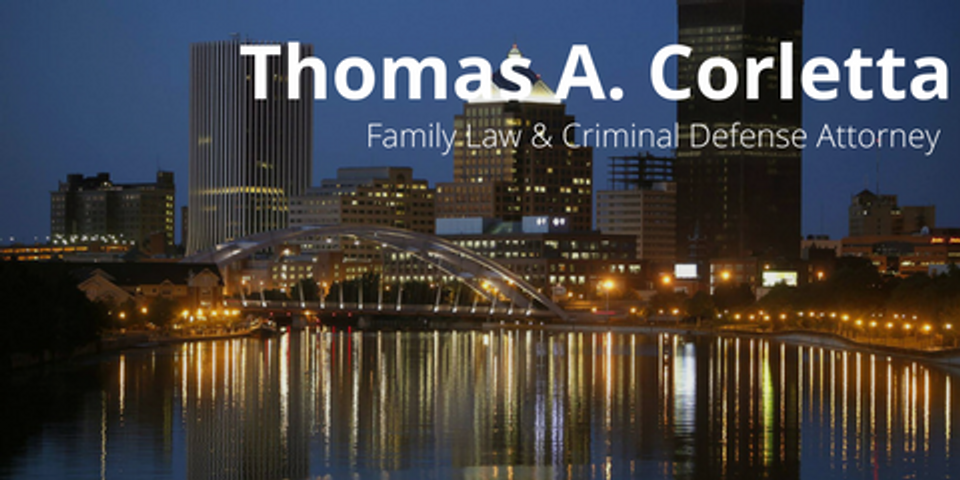LOCATION IS KEY FACTOR IN DWI PROSECUTIONS

Location, location, location. Realtors often say location is everything. Much the same applies to DWI in New York, something every defense attorney who regularly handles DWI cases is aware of.
DWI is one of the most highly politicized and publicized crimes. Everyone is against drinking and driving. Alcohol sales by bars, restaurants, grocery stores, convenience stores, etc. are highly profitable. Watch any NFL game or sporting event and note the number of beer commercials. As long as alcohol and automobiles remain a large part of our lives, there will always be DWI.
It is therefore not surprising that in New York and most other states, DWI laws change constantly, as authorities struggle to control drinking and driving. Recently in New York, there has been an unprecedented effort to control DWI; by imposing a so-called “25-year lookback period”. This takes a person’s past history into account, going back 25 years, to determine punishment for DWI, and applies retroactively. For example, if a motorist had 2 DWI convictions in the 1990s, and then got another 20 years later, they can lose their license for 5 years, although the law prior to this change would only have taken their license for 6 months.
Given that DWI remains largely a state law issue, unless it is committed on a military base or federal installation, states can regulate DWI in their own way.
As a result, methods of DWI enforcement, prosecution, and punishment not only vary from state to state, but from political subdivision to political subdivision. In New York, this means county to county, town to town, etc. The reasons for this vary, but are often tied to politics. Funding for Stop-DWI programs varies from jurisdiction to jurisdiction, and is often tied to the number of arrests or convictions.
Funding for officer training and purchase of breath testing equipment also varies from jurisdiction to jurisdiction. As a result, effectiveness of enforcement and prosecution also varies from jurisdiction to jurisdiction.
Most people are surprised to learn there are several different types of breath testing equipment, which vary from jurisdiction to jurisdiction.
Defense attorneys are very aware of this. A qualified defense attorney is aware of the different methods of attack on the each type of breath testing equipment. Defense attorneys must be familiar with the law and science involving different types of breath testing equipment.
There are few uniform rules regarding admission of breath test results. Most people are also surprised to learn that breath tests can be admitted into evidence through the use of documents, without direct testimony from technicians who have calibrated and maintained these machines. This is different from drug cases, where laboratory technicians, who have actually tested the drugs, must testify in Court.
The unique rules of evidence in DWI cases and their application also vary from jurisdiction to jurisdiction. DWI enforcement is highly technical. The better trained the officer, the better chance of conviction. Intoxication is often hard to “read”. Therefore, observation of physical “clues”, proper administration of Field Sobriety Tests, and proper documentation of roadside encounters is required. The better an officer is trained and able to testify as to his/her observations, the better the chance of conviction.
In New York, plea bargaining policies vary from county to county, with local Prosecutors often having set “policies” with respect to plea bargaining, often tied to BAC levels. The setting of the BAC level for use in plea bargaining is usually arbitrary. If the alleged BAC is above the plea bargaining “limit”, no reduction is offered. If it is at or below the “limit”, a reduction to a lesser charge is offered. Discretion is limited, and in many counties, there can be no variation in the “offer” unless approved by a supervisor. Statutes also limit plea bargaining. Therefore, Defendants are often left with little choice but to go to trial, causing heavy backlogs.
As more and more punitive measures have been passed, such as Ignition Interlock, which is now mandatory in New York, plea bargaining policies have further tightened, with less room for reduction. In many counties, there is virtually no plea bargaining whatsoever, which forces trials.
Defense attorneys must be aware of plea bargaining practices in each county, particularly if the defense attorney travels outside his/her home county to handle DWI cases.
As a final example, those convicted and placed on probation also face varying policies, particularly with respect to getting their licenses back. Under New York law, if on probation, your license cannot be restored without the express consent of the Probation Officer and Court. If there is a statutory one year revocation, you are placed on 5 years probation, and after one year, you are still on probation, you may not regain your license without the aforementioned approval. This often turns a one year license revocation into a 3 or 4 year license revocation.
“Policies” involving restoration of licenses vary from probation department to probation department. Some probation departments help Defendants regain their license, while others refuse, and require the individual to be off probation before they reapply.
Such “policies” are usually politically motivated, based upon how “tough” that particular county wants to be on DWI, and are often unrelated to legitimate public safety concerns.
Therefore, it is not surprising that seasoned defense counsel often ask, as the first question to a prospective client charged with Driving While Intoxicated; where were you arrested? Location, location, location means a great deal, from the time of arrest through final adjudication.
About the Business
Have a question? Ask the experts!
Send your question

